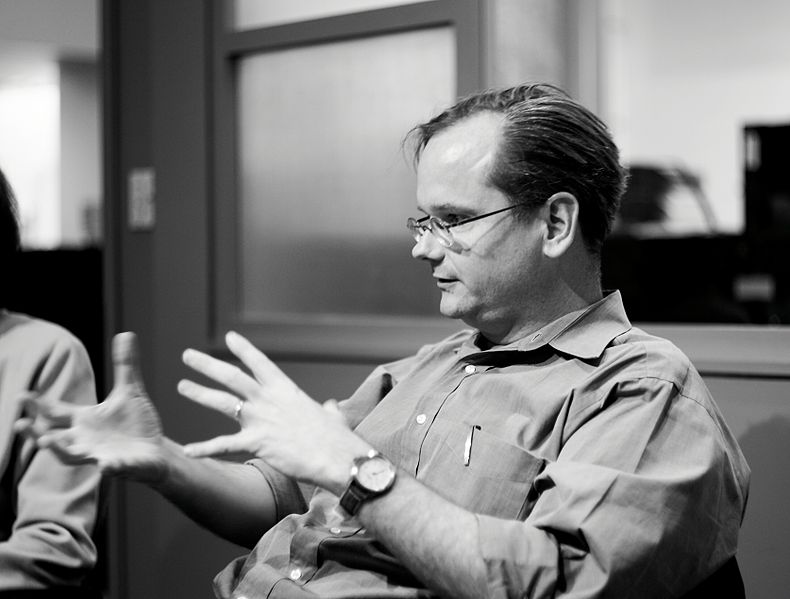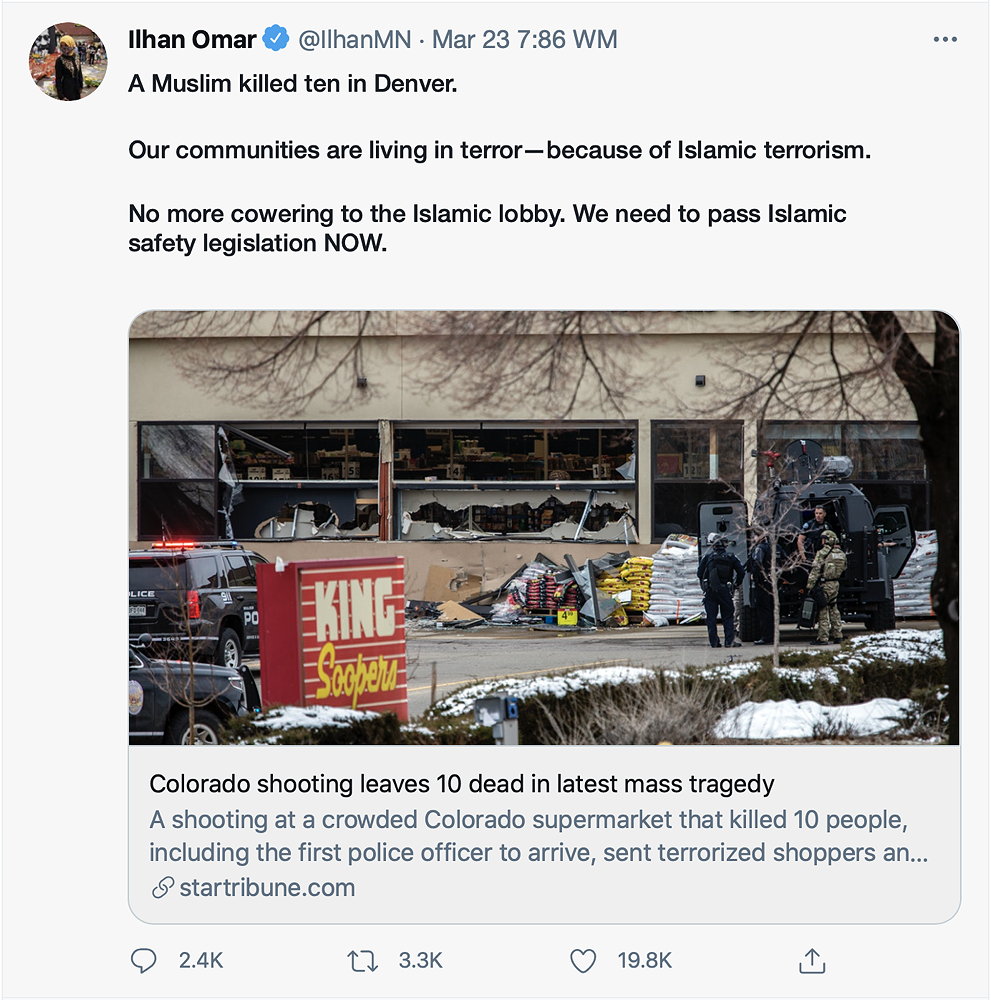Moneyballing election reform: more taxes, less corruption
American academic: reduce political corruption by creating government campaign fund.

“If you take all the money and mash it together, it transforms into vouchers, purifying it of corruption and making it suitable to be handled by politicians.” (By Joi via Wikimedia Commons, CC-BY 2.0)
According to Harvard Law academic and political activist Lawrence Lessig, the United States can reduce political corruption by granting incumbent politicians power over whose congressional campaigns are funded.
Lessig describes this as a “moneyball approach” because it defies conventional logic.
Under the Lessig “Grants of Franklins” plan, each American’s taxes go up by fifty dollars. This money goes into a government fund of “Democracy Vouchers” that are then distributed to congressional candidates by the government at the request of the taxpayer. Unused vouchers would go to the political party to which the taxpayer is registered, or, if the taxpayer is unregistered, to a government Democracy In America program managed by elder statesmen and respected journalists.
Candidates who use Democracy Vouchers would be forbidden from accepting other sources of funding except (1) contributions from citizens, capped at $100, and (2) contributions from news organizations, insofar as such contributions can be disguised as news coverage.
Lessig said that he feels so strongly about publicly funded elections that he voted for John McCain over Barack Obama in 2008.
Asked how government funding would allow newcomers to challenge an incumbent’s power to make news, Lessig replied “that is exactly the kind of misconception that we’re trying to counter.”
Lessig explained that “the best cure for corruption is lifetime appointments. Without elections there is no need for corruption. Government funding will move us one step closer to incorruptible officials.”
“People have this impression that we’re against corruption because we want to make elections more fair for challengers. Nothing could be further from the truth. If that’s what we wanted to achieve, we could achieve it by advocating opening up free speech, not closing it down. We could achieve it by advocating allowing individual citizens to band together to counter the mainstream media outside the bounds of a government-managed funding stream. We could even advocate lowering taxes so that citizens have more money to spend on their favorite candidates, and politicians have less to manipulate from the public purse.”
“We do not advocate those things. Those are partisan arguments in a political debate. We prefer the objective approach of advocating higher taxes, more government programs, and an even tighter bond between political parties and government. That’s non-partisan election reform. Everyone in DC supports it.”
- The Grant and Franklin Project: Lawrence Lessig
- “The first $50 of revenue paid to the Treasury is rebated in the form of a Democracy Voucher. That voucher (or any portion of it) can be given to any candidate for Congress who agrees to fund his or her campaign from two sources only: (1) Democracy Vouchers and (2) contributions from United States citizens capped at $100. If the voucher is not used, it reverts to the political party to which the voter is registered. If the voucher is not used, and the voter is not registered to a party, it reverts to a fund to support democracy in America.”
- HELP us organize a New Hampshire march (in January)?: Lawrence Lessig
- “…the New Hampshire Rebellion… a single cause: To get every presidential candidate at every event in New Hampshire to answer one simple question: ‘How are you going to end the corruption in Washington.’” “Because that question is never asked, and politicians never answer it. No one ever makes corruption their platform. And none would dare back away from it once elected.”
More campaign finance reform
- Russ Feingold: Progressives United Against Voter Influence
- May 31: For Senator Russ Feingold, Wisconsin was a wake-up call. For the rest of us, it was the 2008 presidential election.
- McCain sees the light: campaign finance reform dead
- Now, will he introduce bills to repeal those laws?
- Obama campaign skirts campaign finance law
- I expected the New York Times to be silent on the illegal donations that the Obama 2008 campaign encourages. I should have known better: they’re trying to cover for the campaign. But the bigger issue is that laws that don’t get enforced are counterproductive; they encourage dishonesty and lawlessness.
More Lawrence Lessig
- How not to convince your reps
- Copyright reform is likely to go the way of medical marijuana unless its supporters are willing to vote for candidates that do something about it.

